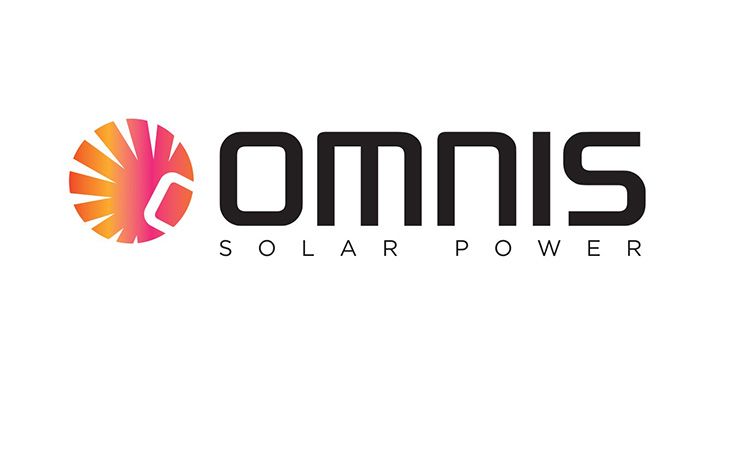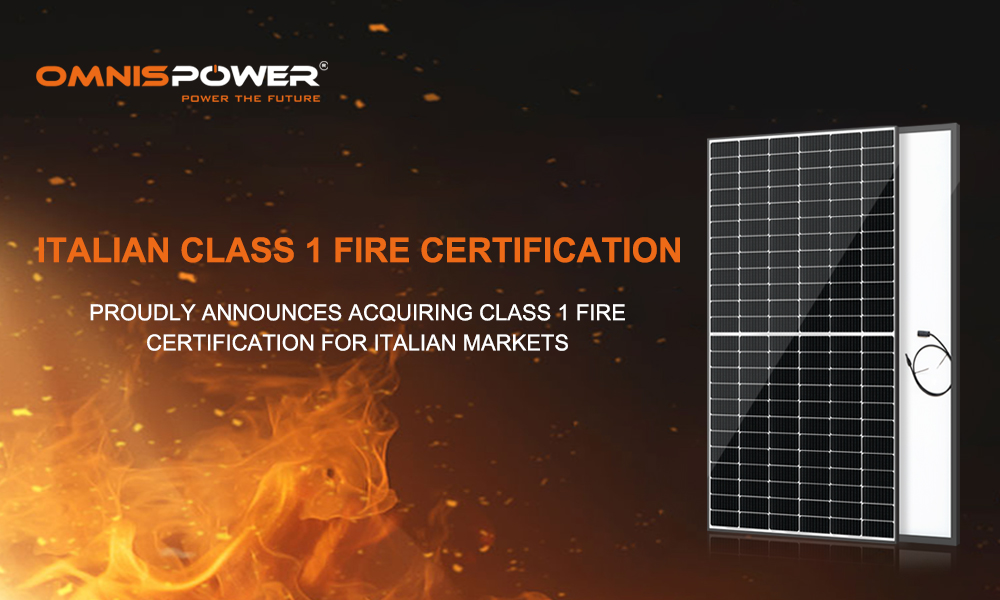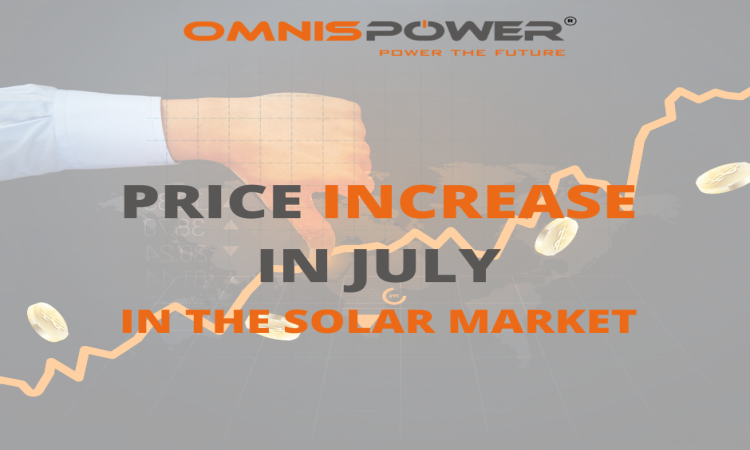
Tier 1 or Tier 2 solar panels ? what are the differences ?
A solar panel is two things two things. A physical product that produces solar electricity and a promise from the manufacturer that this product will continue to produce that amount of power for its warranted life (usually 25 years). The question you have to ask yourself is:
What brand of solar panel do you expect will last the longest and is it likely that one brand of solar panel will produce more power for longer than another solar panel;
If there is a problem down the track what is the chance that the manufacturer will honor their warranty?
One of the things the industry has come up with to answer these questions is a tiered classification system for solar panel manufacturers.
Generally speaking Tier 1 solar panel manufacturers are defined as those that:
Have been producing solar panels for 5 years or more;
Are either publicly listed on a stock exchange or have a strong and stable balance sheet;
Have fully automated production and a high degree of vertical integration
Invest significantly in marketing their brand
Only 2% of solar manufacturers are Tier 1 and the rest 98% are Tier 2 and Tier 3 manufacturers those that don't meet one or more of these criteria.
Typically tier 1 solar panels are 10-30% more expensive than tier 2 and tier 3 solar panels
The value equation that tier 1 manufacturers use to justify their price premium is that:
They have a better manufacturing process and so it is less likely their will be defects in their products:
- All tier 1 manufacturers have quality manufacturing processes but we also think it is true that both tier 1 and tier 2 use solar cell production lines and solar module assembly lines that are designed a built by the same engineering firms and so many second and third tier manufacturers may also have high quality automated manufacturing processes.They have invested a lot in building their brand and being able to charge a small premium and so they are going to be more careful in quality control process to avoid defects:It is probably generally true but again there may well be second and third tier solar panel manufacturers that also have excellent quality control.
Their corporate strength and quality manufacturing means that if their ever is a quality problem they will fix it.
If a company has invested a large amount of money in promoting their brand then they are less likely to allow any defective product to damage this brand. Their investment in their brand means they have an incentive to invest in quality control in their manufacturing and also to respond favorably to warranty claims.
It is worthwhile to pay a small price premium, in the range of $.20-$.30 per watt to use premium tier 1 panels. We can't say for sure that it will make a difference to either quality or long term reliability (but it may), and we cant necessarily say any particular tier 1 vendor will be in business in 10 or 15 years, but we do think these brands will want to protect their reputation and so will be more likely to respond to warranty claims if they are still in business.
A big issue to look at is the amount of assets that a solar panel manufacturer has in America. If a foreign solar panel manufacturer has few assets in America and there is a major quality issue in the future, it is likely they will simply liquidate their American subsidiary. Solar panel manufacturing is a very competitive business and their will be more losers than winners in the long term.
< UP
No More!
Categories
Latest Posts
-
 22.08.2023
22.08.2023New Branding , New Journey
-
 20.10.2022
20.10.2022Omnis Solar Power Obtains Italian Class 1 Fire Certification
-
 26.07.2022
26.07.2022JOIN Omnis Solar Power AT INTERSOLAR SOUTH AMERICA - 2022!
-
 14.07.2022
14.07.2022Prices are dramatically increased for solar market in July 2022






